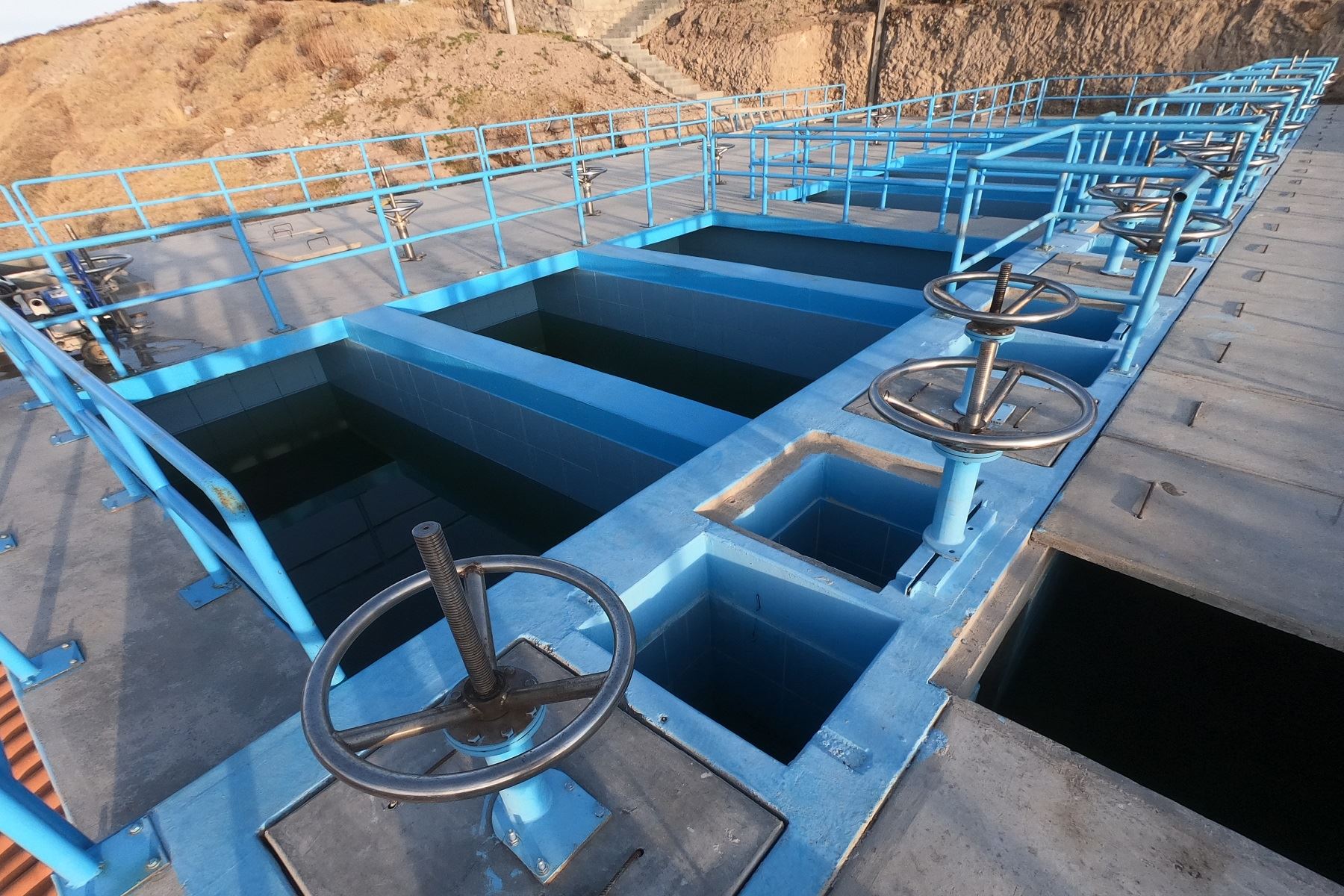
WASHINGTON, Nov 1 (NNN-ANDINA) — The Inter-American Development Bank (IDB) has approved a $150 million loan to expand water and sanitation services for rural populations in Peru, while also promoting the quality and sustainable use of these services.
The public works will connect homes, healthcare centers, schools, and social organizations to drinking water and sanitation services.
The program will also make the systems it builds more sustainable by keeping beneficiaries informed and having them validate decisions throughout the process.
To achieve these aims, the project will strengthen the capacities of the Sanitation Administration Councils and seek to give traditionally excluded groups, like women, more opportunities to participate and lead service delivery.
The program will also support the development of innovative technological tools to enhance the operational efficiency and management of the Ministry of Housing, Construction, and Sanitation, which will implement the project through the National Rural Sanitation Program.
The designs will include climate considerations, with drought-resistant solutions and low carbon sanitation systems.
They will also incorporate inclusive infrastructure —by building universally accessible bathrooms— as well as environmental and social management measures.
In Peru, there is a 17-percentage point gap between urban and rural access to drinking water. In the area of sanitation, 95% of people in urban areas have access to the public sewer system, while only 78% in rural areas have access to this service.
The program costs a total of $232.2 million, of which $150 million will be financed by the IDB and $82.2 million through local contributions.
The loan will be disbursed over a period of six years, and has a 15-year repayment period, a seven-year grace period, and an interest rate based on the Secured Overnight Financing Rate (SOFR).
The Inter-American Development Bank is devoted to improving lives. Established in 1959, the IDB is a leading source of long-term financing for economic, social, and institutional development in Latin America and the Caribbean.
The IDB also conducts cutting-edge research and provides policy advice, technical assistance, and training to public and private sector clients throughout the region. — NNN-ANDINA






